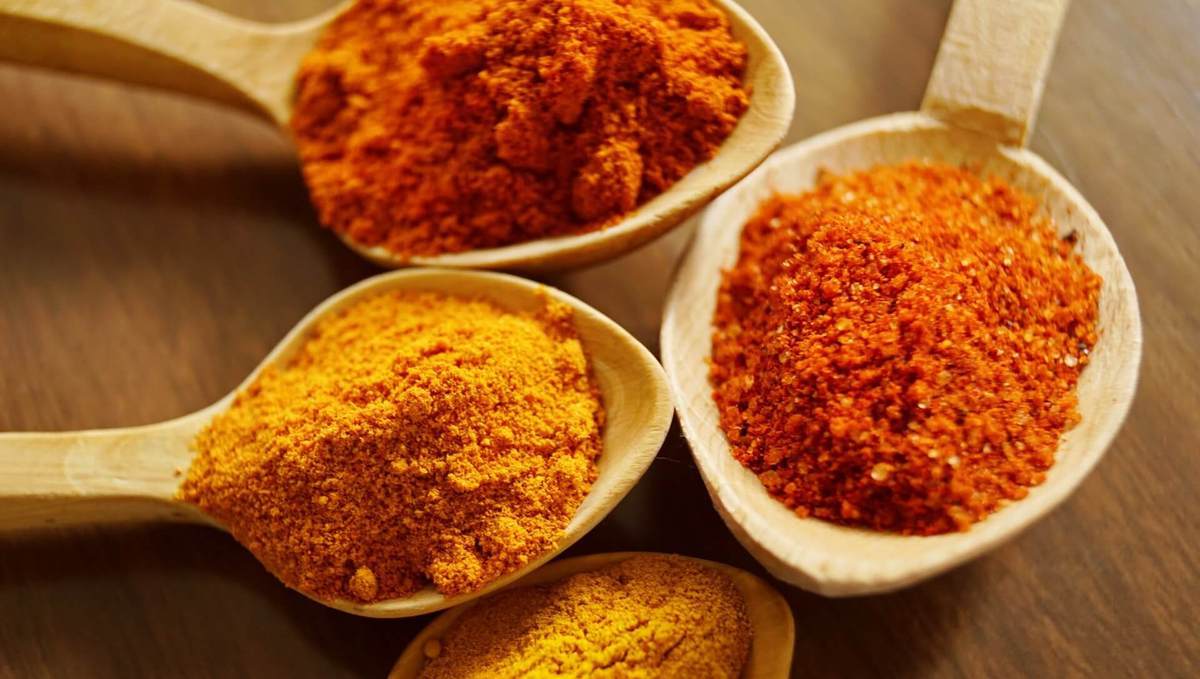
Unlocking the Anti-Inflammatory Power of Curcumin: A Deep Dive into Turmeric's Health Benefits
Exploring the Science Behind Curcumin and Its Impact on Inflammation
The Mechanism of Action: How Curcumin Inhibits Inflammatory Pathways
Curcumin, an active compound in turmeric, battles inflammation. It blocks molecules that cause swelling and pain. This includes NF-kB, a protein that turns on inflammation genes. Studies show curcumin stops this protein, cutting inflammation.
Curcumin also affects cytokines, which are cell signaling proteins. It lowers their levels, reducing inflammation. These actions help in conditions like arthritis and heart disease.
Scientists continue to explore how curcumin works. They want to unlock more of its health powers. We now know curcumin is a strong anti-inflammatory agent.
Understanding the Role of Curcumin in Various Inflammatory Conditions
Curcumin's role in fighting inflammation extends to various conditions. These include chronic diseases like arthritis, bowel disorders, and heart disease. It works by targeting specific inflammatory signals in the body. This means it can help with pain and swelling.
Research shows promise in curcumin aiding the following:
- Rheumatoid arthritis patients saw reduced joint swelling.
- Inflammatory bowel disease sufferers experienced symptom relief.
- Heart patients had lower levels of inflammation markers.
It’s clear that curcumin's impact is vast and valuable. However, understanding how it works in each condition is key. This helps us use it better to manage inflammation-related health issues.
The Clinical Trials That Support Curcumin as an Effective Anti-Inflammatory
Several clinical trials have validated curcumin's anti-inflammatory abilities. In a 2015 study, osteoarthritis patients taking curcumin reported reduced pain. Another trial revealed that curcumin supplementation decreased inflammatory markers in people with metabolic syndrome. A 2016 meta-analysis underscored curcumin's efficacy in reducing C-reactive protein levels, a key inflammation indicator. These findings reinforce the view that curcumin can play a crucial role in managing inflammation-related conditions.
The Integrative Approach to Managing Inflammation with Curcumin
Blending Traditional and Conventional Medicine: The Curcumin Case
When it comes to fighting swelling in the body, curcumin is a star player. This is both in old wisdom and new science. There is a long history of using turmeric, curcumin’s parent spice, in practices like Ayurveda. Modern doctors are also seeing value in curcumin for managing pain and swelling. It’s no longer just a kitchen spice – it’s a bridge between the past and now in medicine. Curcumin works well with other treatments, which makes it a team player in health care.
Case Studies: Successful Use of Curcumin in Inflammatory Disorders
Curcumin, the active compound in turmeric, has shown promise as a treatment for various inflammatory disorders. Numerous case studies provide evidence of its efficacy. For example, in a study involving patients with osteoarthritis, curcumin supplements led to significant improvements in pain and function. Similarly, individuals with ulcerative colitis experienced reduced symptoms when curcumin was added to their treatment regimen. Another case involved a patient with chronic anterior uveitis, an inflammatory eye disease, who found relief with curcumin therapy. These real-life examples underscore the potential of curcumin as a complementary approach in managing inflammation. They highlight the importance of further research and consideration in treatment plans.
Best Practices for Incorporating Curcumin into Treatment Plans
To effectively include curcumin in treatment plans, follow these best practices:
- Consult healthcare providers before starting curcumin supplements.
- Consider potential interactions with other medications.
- Choose high-quality curcumin products with bioavailability enhancers.
- Start with a lower dose of curcumin to assess tolerance.
- Monitor the body's response and adjust dosage accordingly.
- Incorporate turmeric into the diet for added benefits.
- Ensure a balanced approach, combining curcumin with a healthy lifestyle.
Leveraging Curcumin for Health and Well-being: A Comprehensive Guide
The Daily Recommendation: How Much Curcumin is Needed for Optimal Health
For optimal health, how much curcumin should you take daily? This key question sparks much interest. The answer varies due to factors like age, health status, and purpose of use. Experts suggest starting with small doses, such as 500 mg of curcumin once a day. Over time, you can increase as needed, but it's best not to exceed 2000 mg per day without medical advice. Always consult with a healthcare provider before starting any supplement regime. They can guide on a suitable dosage based on individual health needs and goals.
Beyond Inflammation: The Wide Array of Health Benefits Attributed to Curcumin
Curcumin's benefits extend far beyond reducing inflammation. It's a powerhouse of health perks. For example, research highlights its role in boosting antioxidant defenses. This helps to combat oxidative stress, which can damage cells. Studies also link curcumin to better brain health. It may slow cognitive decline and improve mood. Moreover, it supports heart health by improving blood vessel function. There's evidence, too, that curcumin could aid in cancer prevention. It seems to inhibit the growth of tumor cells. Lastly, it has been used to ease digestive issues, such as IBS. That makes curcumin a multifaceted ally for your well-being.
How to Choose the Right Curcumin Supplement: A Guide for Consumers
Choosing the right curcumin supplement is key for maximum benefits. Here are tips:
- Potency and Dosage: Look for high-curcuminoid content. More is often better.
- Absorption: Supplements with black pepper extract (piperine) enhance absorption.
- Certifications: Seek third-party testing for purity and strength.
- Form: Pills, powder, or liquid? Choose what fits your lifestyle.
- Additives: Avoid unnecessary additives or fillers. Read the label!
- Origin: Check the source of the turmeric. Quality matters.
Always consult a healthcare professional before starting any supplement.
Share
